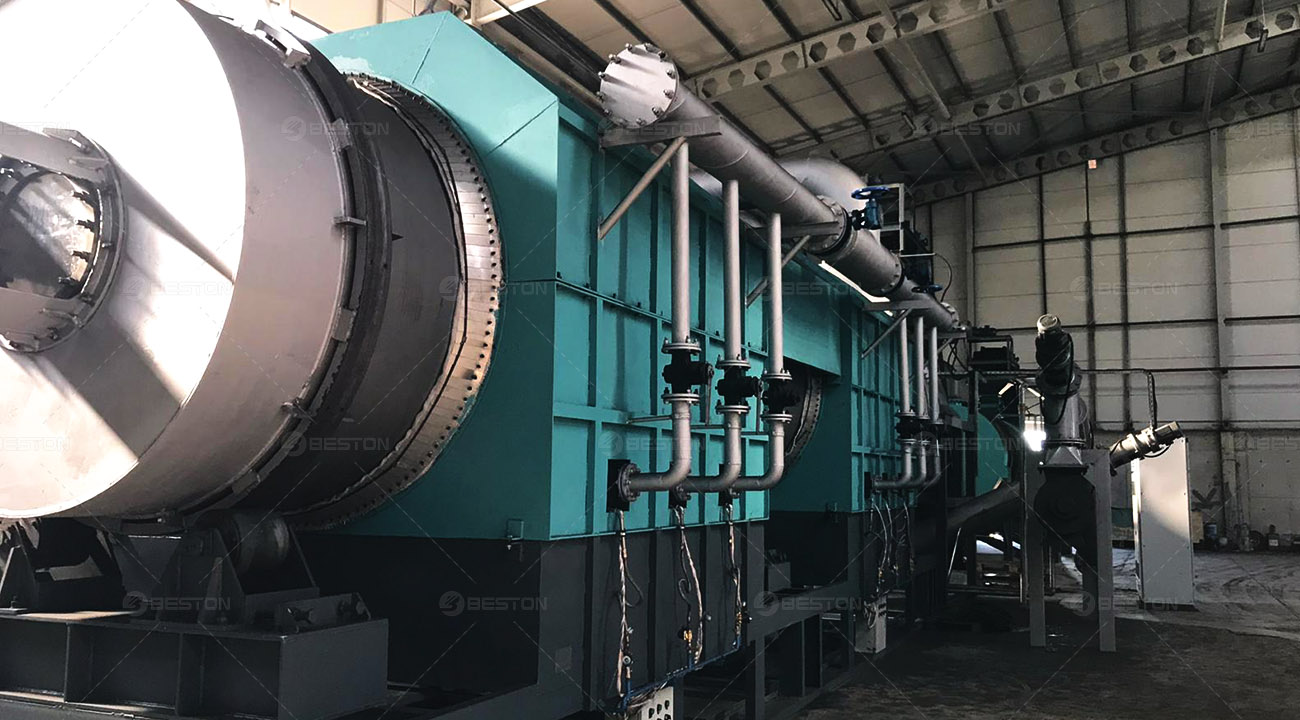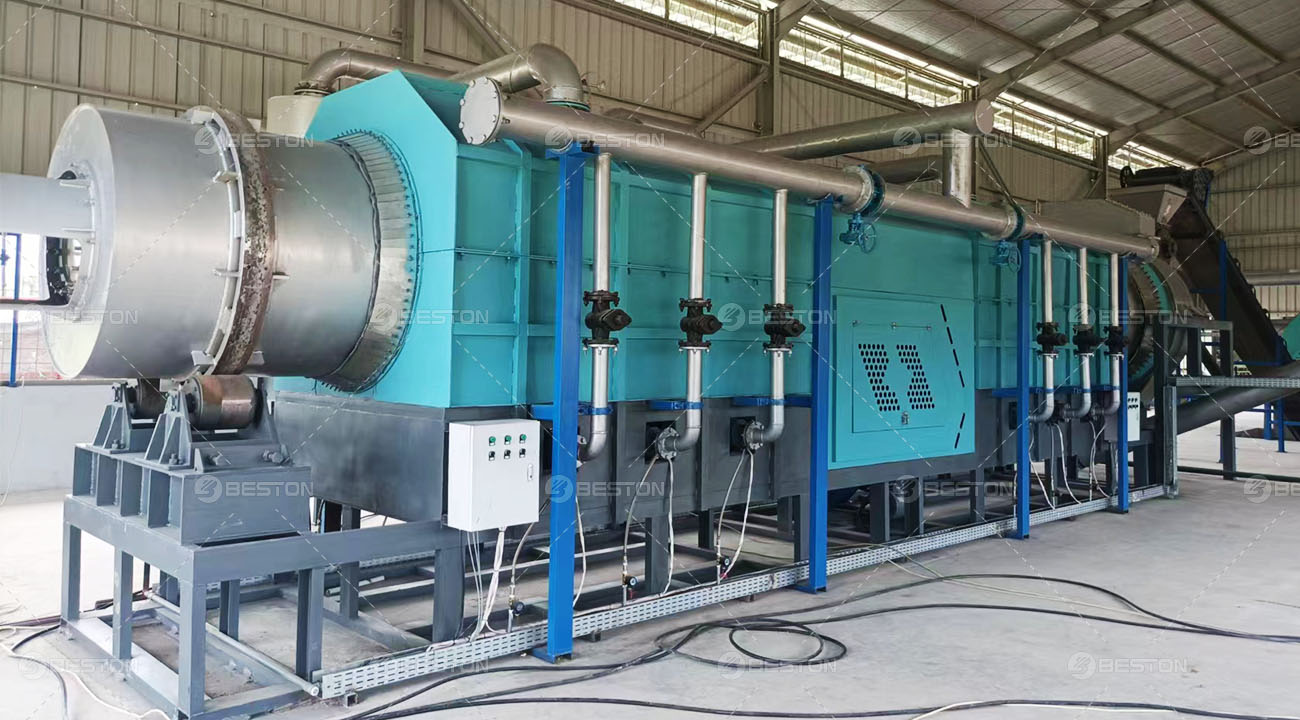Coconut shell charcoal making machines play a pivotal role in several industries, serving as efficient tools for the conversion of coconut shells into valuable charcoal. This article delves into the mechanisms, applications, and impact of these machines in diverse sectors.
Introduction to Coconut Shell Charcoal Making Machines
Overview of Coconut Shell Charcoal
Coconut shell charcoal is a type of biomass charcoal derived from coconut shells. Its high calorific value and low ash content make it a sought-after raw material in numerous industries.
Importance of Charcoal Making Machines
The coconut shell charcoal making machines efficiently process coconut shells through controlled pyrolysis, converting them into charcoal. The machines enable the transformation of waste into a valuable resource.
Operating Principles of Coconut Shell Charcoal Making Machines
Pyrolysis Process
The pyrolysis technique involves heating coconut shells in an oxygen-limited environment, breaking down the organic material into charcoal. This method ensures maximum resource utilization.
Carbonization Technique
Carbonization, an essential step in charcoal production, involves the conversion of the coconut shells into charcoal through a controlled process, ensuring high-quality output.
Application and Versatility of Coconut Shell Charcoal
Industrial Use in Metallurgy
Industries, especially metallurgical operations, utilize coconut shell charcoal for its high carbon content, which serves as an ideal reducing agent in various smelting processes.

Agricultural Application
In agriculture, coconut shell charcoal finds application as a soil amendment due to its porous structure, which aids in soil conditioning and nutrient retention.
Design and Components of Charcoal Making Machines
Reactor and Heating System
These machines consist of specialized reactors and heating systems designed for efficient and controlled pyrolysis, ensuring maximum charcoal output. In particular, some manufacturers also provide mobile biochar machine for small-scale production.
Emission Control Mechanisms
Advanced systems within the machines effectively control emissions, minimizing environmental impact and adhering to stringent environmental regulations.
Environmental and Economic Impact of Coconut Shell Charcoal Machines
Sustainability and Waste Reduction
These machines contribute significantly to waste reduction by converting coconut shells into valuable charcoal, promoting a sustainable waste management approach.
Economic Viability and Resource Recovery
The utilization of coconut shell charcoal as a resource aids in economic viability by repurposing waste into a valuable product, thus contributing to resource recovery.
Advancements and Future Prospects in Charcoal Making Technology
Technological Innovations
Ongoing technological advancements aim to enhance the efficiency and sustainability of charcoal making machines, emphasizing cleaner and more efficient processes.
Future Trends in Industry Adoption
The industry continues to witness increased adoption of coconut shell charcoal making machines, pointing towards a future of enhanced sustainability and resource efficiency across various sectors.
In conclusion, the use of coconut shell charcoal making machines represents a significant stride towards sustainable resource management and economic viability across diverse industries. The efficiency, versatility, and environmental impact of these machines position them as integral assets in various sectors, offering a promising solution for waste utilization and resource recovery.

Comments
No comments yet. Be the first to react!